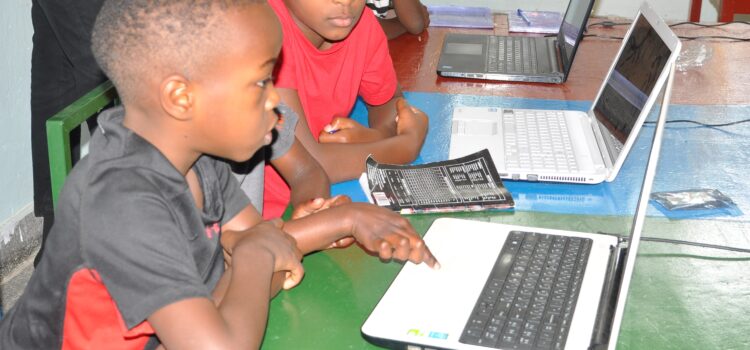In the dynamic landscape of the Fourth Industrial Revolution (4IR) and the AI revolution, digital literacy has emerged as a cornerstone for personal and societal progress. Across Africa, the transformative power of digital technologies is palpable, presenting both opportunities and challenges. Digital literacy, the ability to use and understand digital technologies effectively, is no longer a luxury but a necessity for thriving in the evolving technological terrain.
As we step into the era of the 4IR, characterized by rapid advancements in artificial intelligence, blockchain, and the Internet of Things, the importance of digital literacy cannot be overstated. This goes beyond mere familiarity with devices; it encompasses the skills needed to critically navigate, evaluate, and contribute to the digital world. For Africa, embracing digital literacy is not just a means of keeping pace with global advancements but a key driver for leapfrogging development.
Governance in the digital age becomes pivotal, ensuring that the benefits of emerging technologies are accessible to all. Transparent policies and regulatory frameworks are essential for fostering an environment where innovation can flourish while safeguarding against potential risks. As Africa positions itself at the forefront of the AI revolution, thoughtful governance becomes the compass guiding the ethical and inclusive deployment of these technologies.
The AI revolution, in particular, holds immense potential for Africa, from enhancing healthcare services and agriculture productivity to driving innovation in education. However, realizing these benefits hinges on cultivating a digitally literate population capable of harnessing AI tools responsibly. Initiatives aimed at integrating digital literacy into educational curricula and offering accessible training programs become linchpins for preparing the workforce of the future.
In this journey towards digital empowerment, collaboration is key. Partnerships between governments, private sectors, and educational institutions can amplify the impact of digital literacy initiatives. By fostering a culture of continuous learning and adaptation, Africa can ensure that its people are not just consumers but active contributors to the global digital conversation.
As Africa navigates the complexities of the digital era, the emphasis on digital literacy becomes a rallying cry for inclusion, innovation, and sustainable growth. By equipping individuals with the skills to harness emerging technologies responsibly and ethically, Africa can truly shape its destiny in the Fourth Industrial Revolution and the AI revolution, fostering a future where the continent is not just a participant but a leader in the global digital landscape.





